Discussing the draft Law on Bidding (amended) at the 5th Session of the 15th National Assembly, many National Assembly deputies expressed their interest in the provisions on the application of the Law on Bidding to state-owned enterprises. In the draft law, the Government proposed to only apply the Law on Bidding to contractor selection activities of enterprises in which the State holds 100% of the charter capital and enterprises in which the State holds more than 50% of the charter capital or total voting shares.
According to the Government's proposal, the provisions in the draft Law on Bidding submitted to the National Assembly do not narrow the scope of application for bidding packages using state capital and capital of state-owned enterprises, and at the same time do not create a legal gap in the management of state capital in other enterprises. Further expanding the scope of enterprises that must comply with the Law on Bidding will lead to conflicts and overlaps in the management of state capital invested in enterprises, reducing the autonomy and self-responsibility of enterprises. However, some National Assembly deputies are concerned that if the provisions in the draft law are significantly narrowed, the scope of projects using state capital that must be bid will be significantly narrowed, leading to all investment projects of subsidiaries of corporations, general companies, state-owned enterprises, etc. not having to bid according to the provisions of the law.
 |
| Scene of the morning meeting on May 24. Photo: VNA |
Expressing his opinion on this issue, delegate Truong Trong Nghia (Ho Chi Minh City delegation) said that it is not true that if the provisions in the Bidding Law are followed and some "golden hoops" are made, everything will be fine. If a state-owned enterprise invests in another enterprise, sometimes only accounting for 5-10% of the capital but still has to be subject to the Bidding Law, it is extreme and unnecessary. Enterprises are responsible for the results of their operations, when bidding, there is not only money but also many other factors such as opportunity, time...
According to delegate Truong Trong Nghia, only state-owned enterprises should be managed. When a state-owned enterprise invests in another enterprise that is already managed by the Enterprise Law and many other laws. Not only using the Bidding Law can overcome all negativity and corruption. Delegate Phan Duc Hieu (Thai Binh delegation) warned that if the Bidding Law is rigidly applied to all subsidiaries of state-owned enterprises, it may affect the flexibility, initiative, and efficiency in production and business activities, thus indirectly and invisibly affecting the interests of the State.
Sharing about this issue, Minister of Planning and Investment Nguyen Chi Dung acknowledged that the provisions of the law must both resolve arising problems and improve the effectiveness of state management in this field, but must also create favorable conditions for bidding activities. It is necessary to find a balance to harmoniously resolve these issues. If management is too tight, it will lead to loss of autonomy and cause difficulties, congestion, and the law must be amended and supplemented many times.
Clearly, strengthening state management is very necessary, especially in the field of bidding which is still complicated and diverse. Legal regulations on bidding are being gradually improved, in which it is necessary to focus on protecting the interests of the State, preventing fraudulent, corrupt and negative behaviors. At the same time, it is also necessary to ensure that state-owned enterprises operate according to market mechanisms, taking economic efficiency as the main evaluation criterion, enhancing autonomy, self-responsibility and fair competition.
MANH HUNG
Source






![[Photo] Third meeting of the Organizing Subcommittee serving the 14th National Party Congress](https://vstatic.vietnam.vn/vietnam/resource/IMAGE/2025/4/2/3f342a185e714df58aad8c0fc08e4af2)
![[Photo] General Secretary To Lam receives Russian Ambassador to Vietnam](https://vstatic.vietnam.vn/vietnam/resource/IMAGE/2025/4/2/b486192404d54058b15165174ea36c4e)


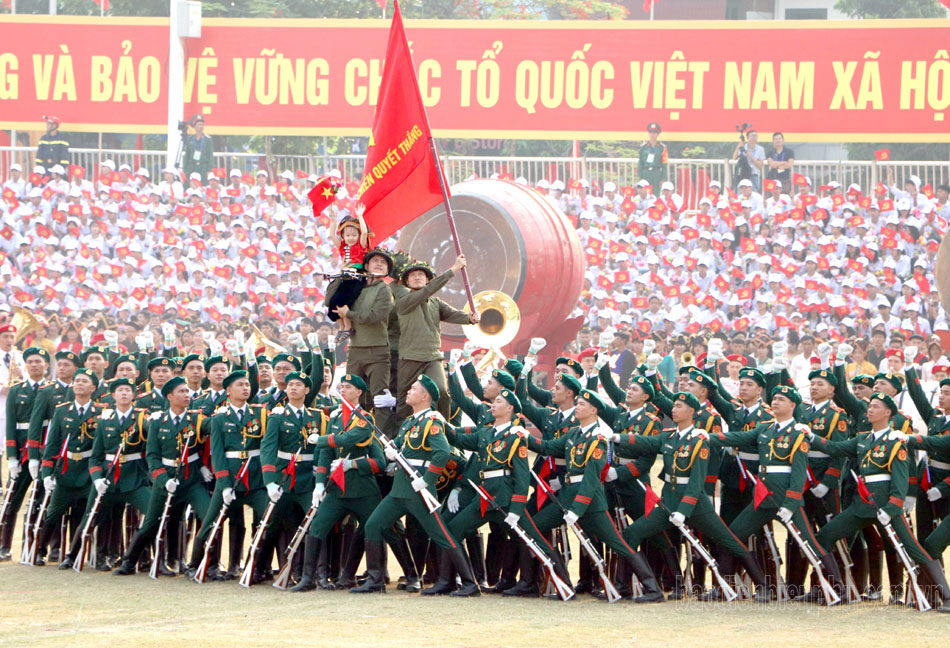

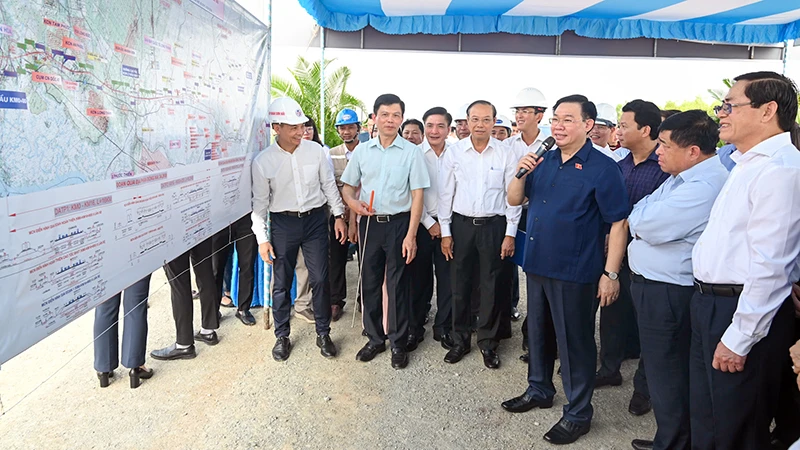


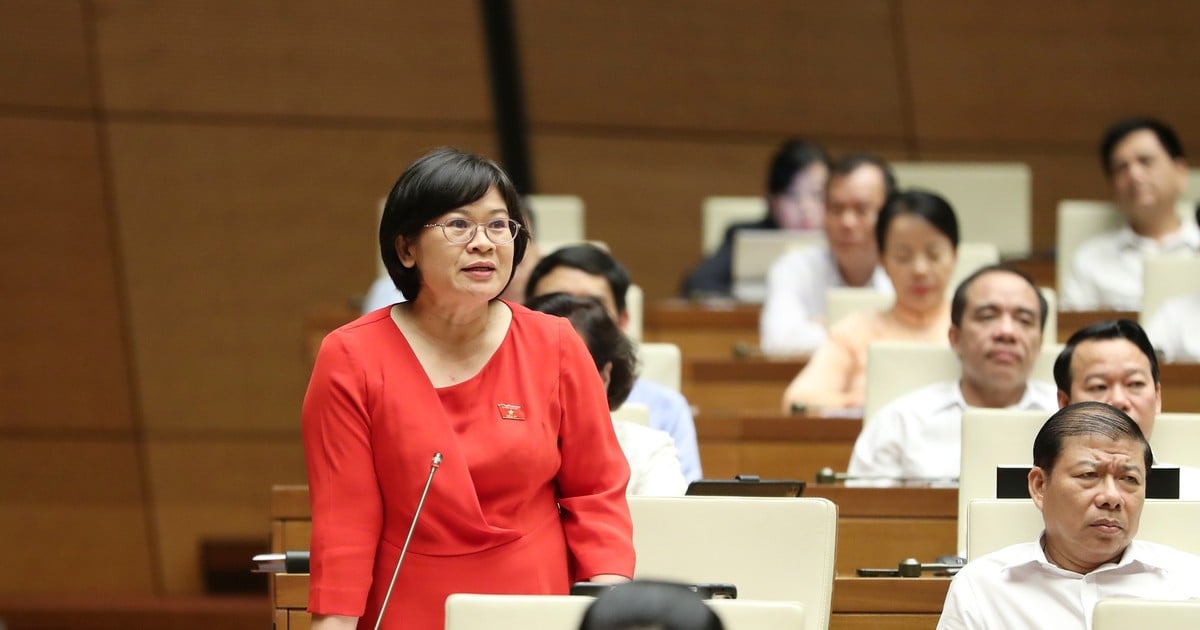





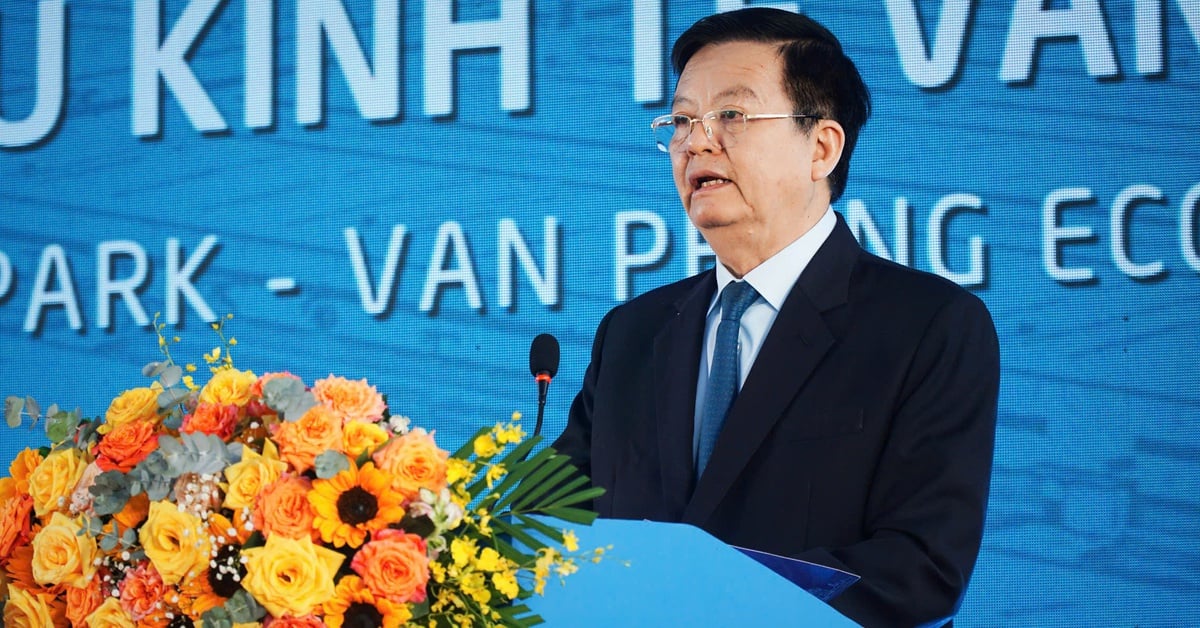
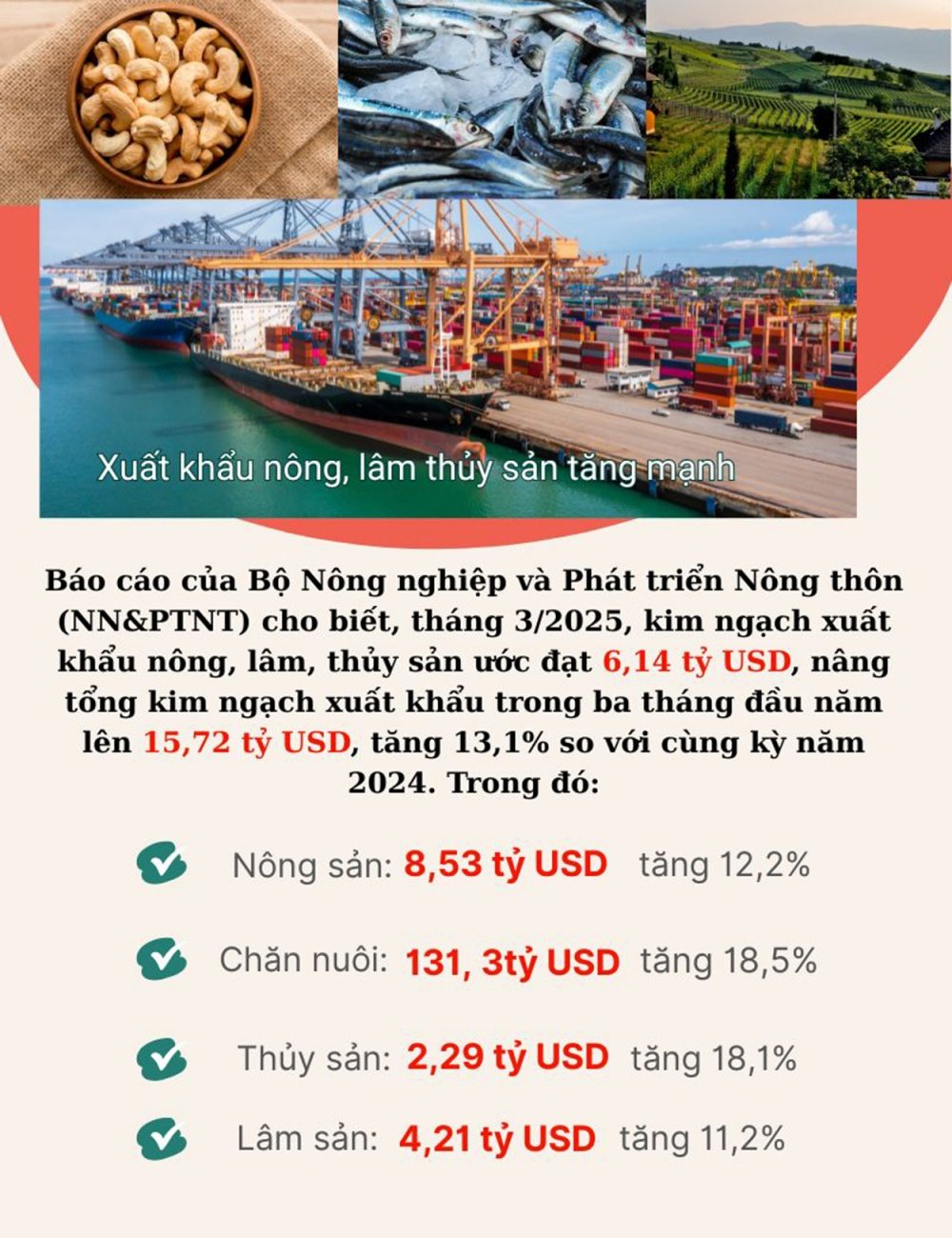




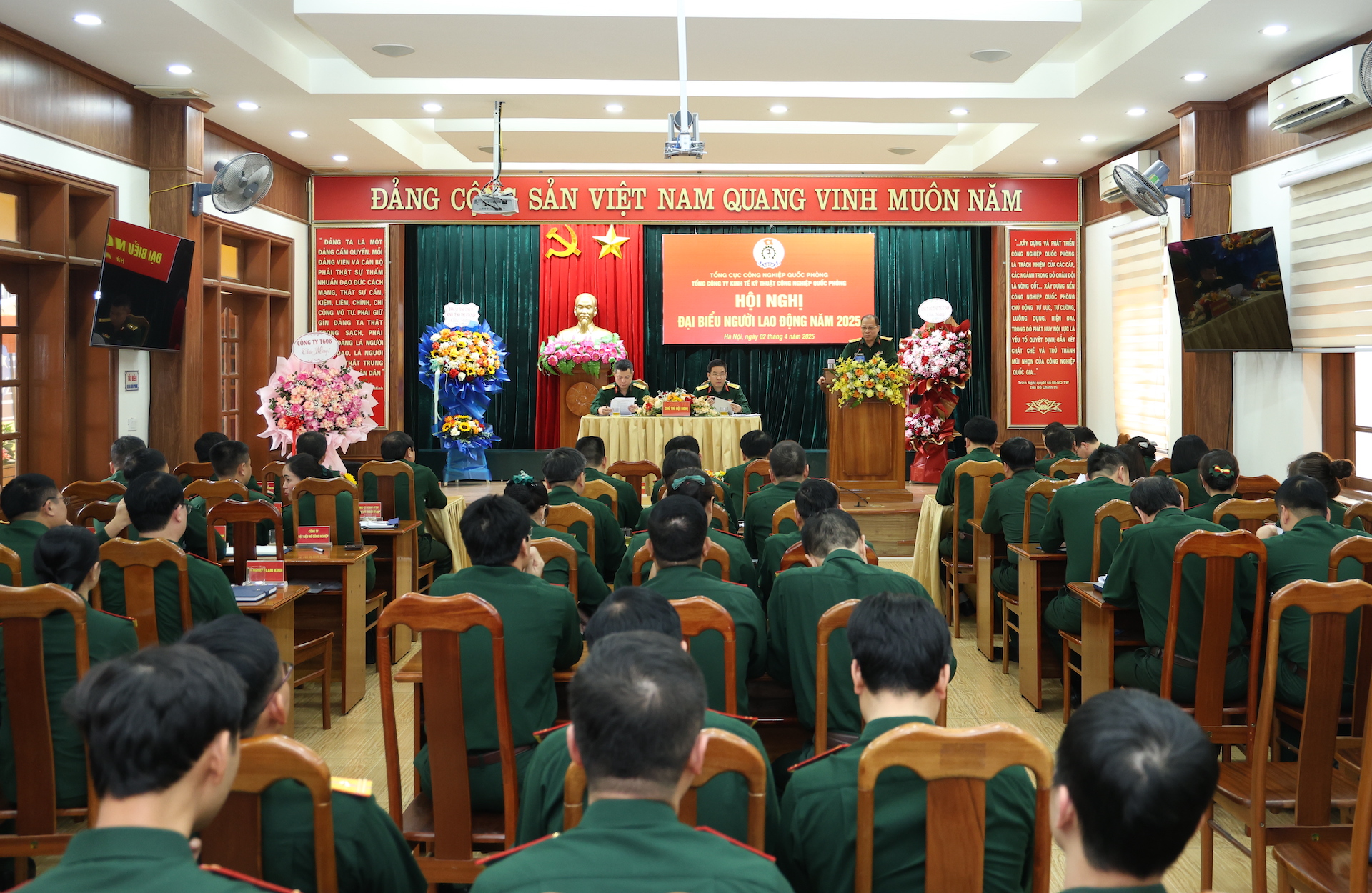
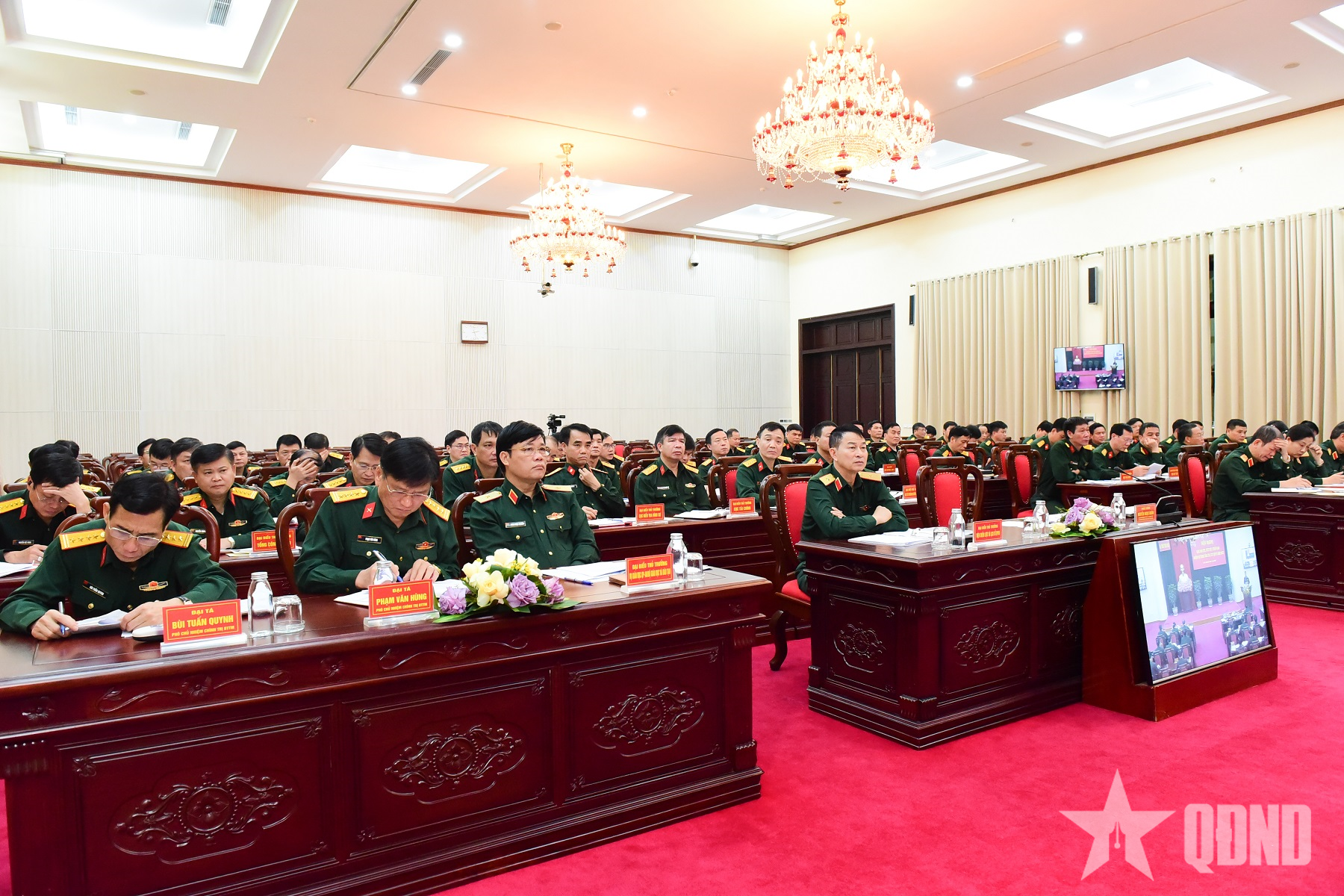
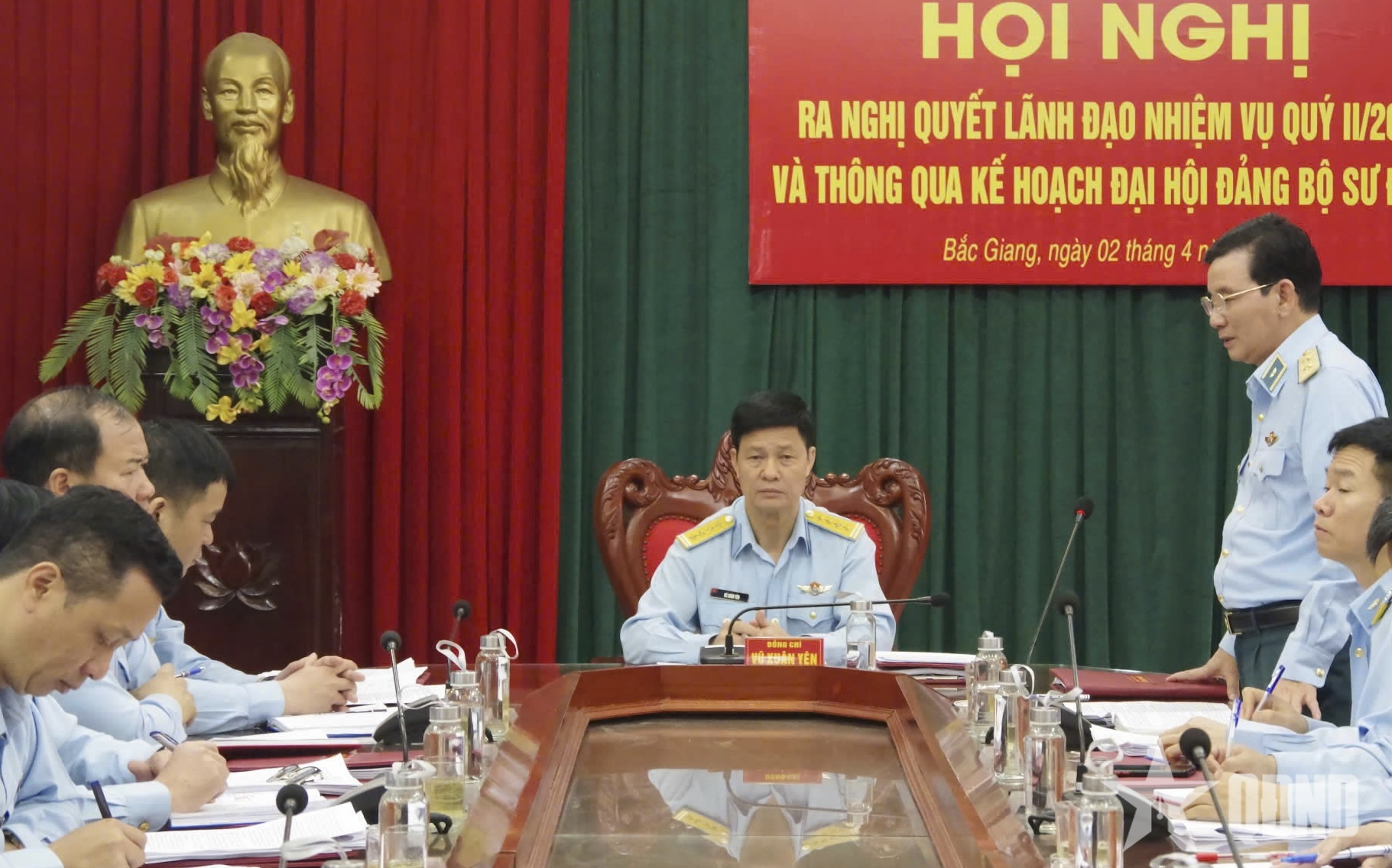


![[Photo] Relatives of victims of the earthquake in Myanmar were moved and grateful to the rescue team of the Vietnamese Ministry of National Defense.](https://vstatic.vietnam.vn/vietnam/resource/IMAGE/2025/4/2/aa6a37e9b59543dfb0ddc7f44162a7a7)













































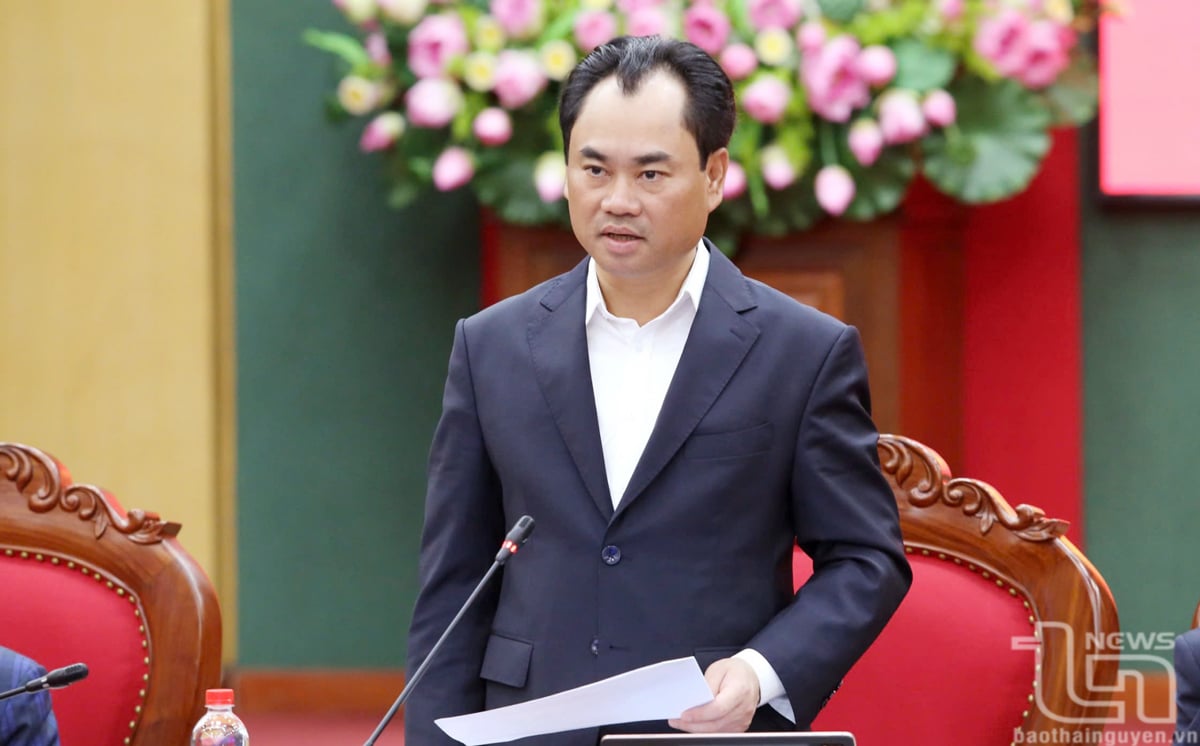
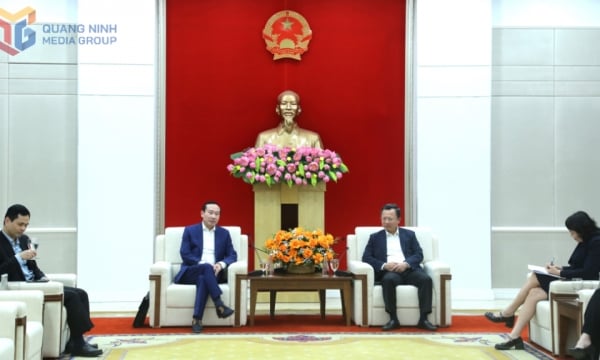

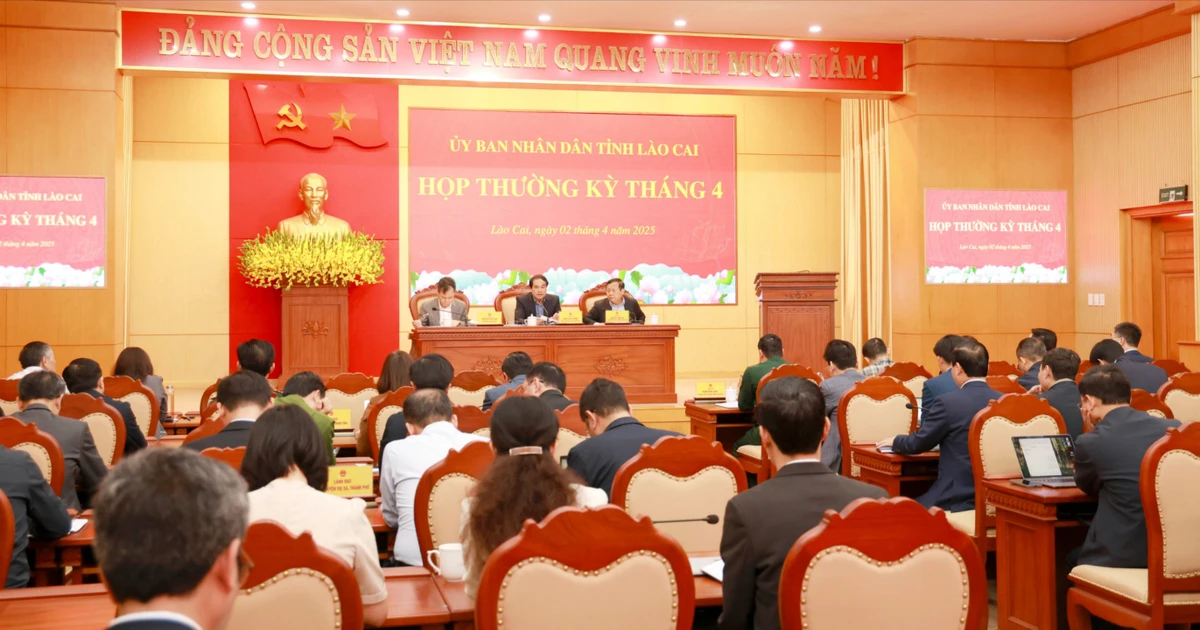














Comment (0)